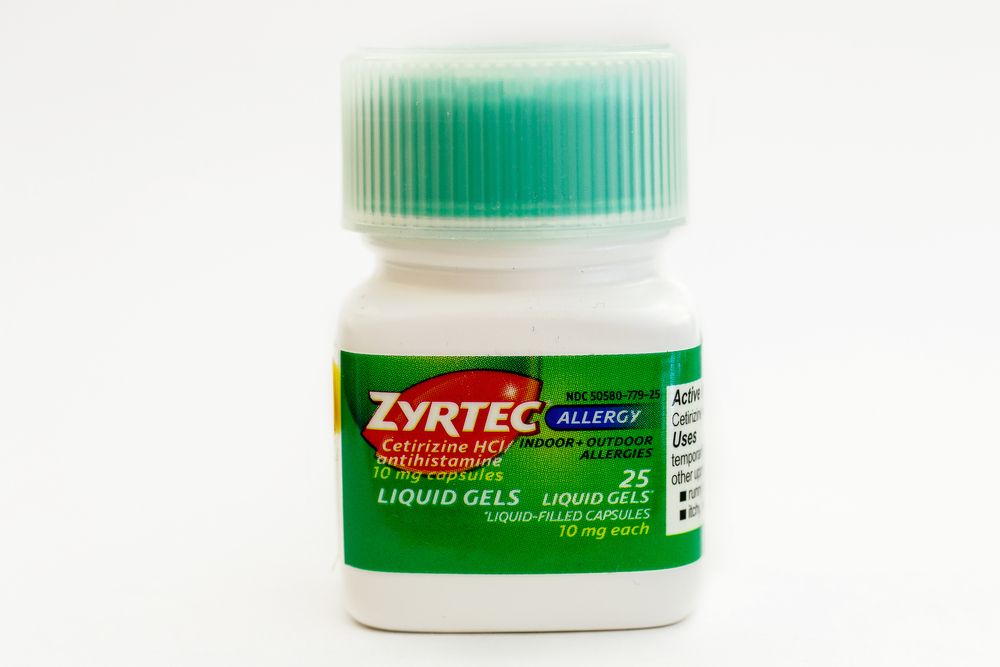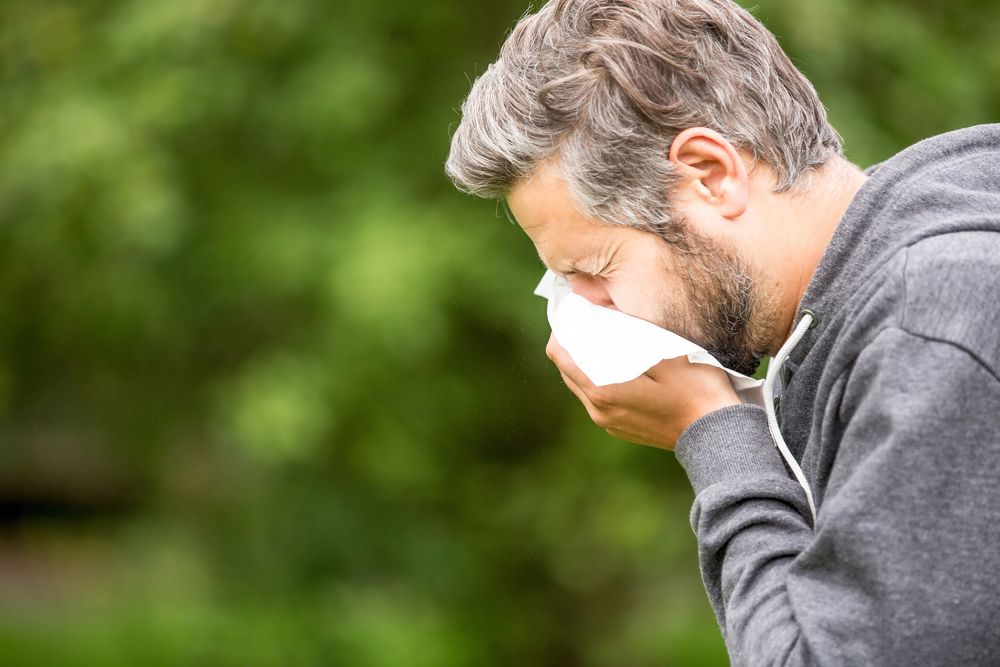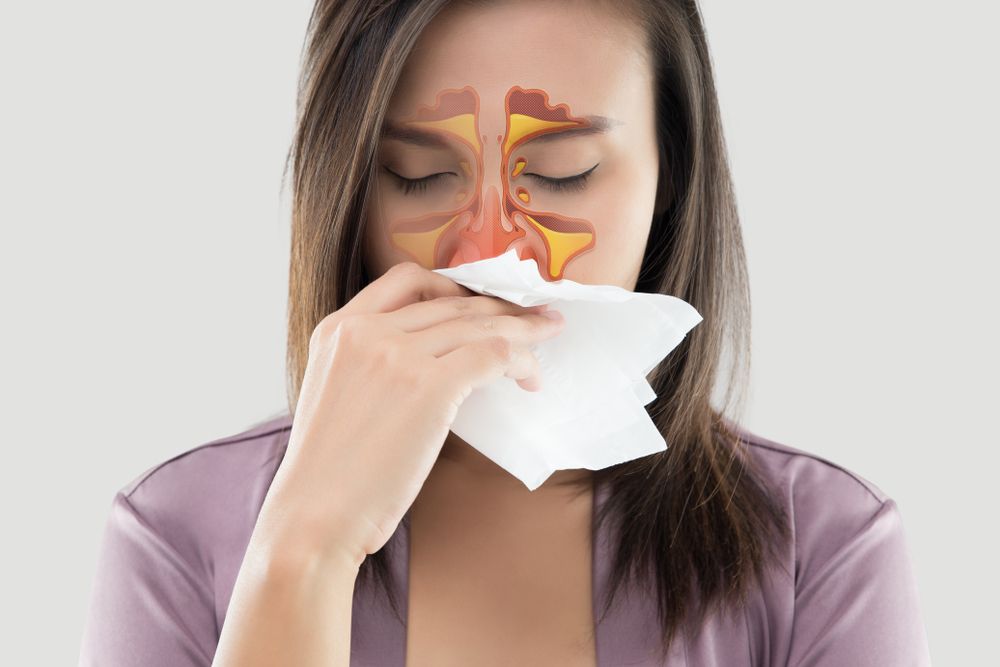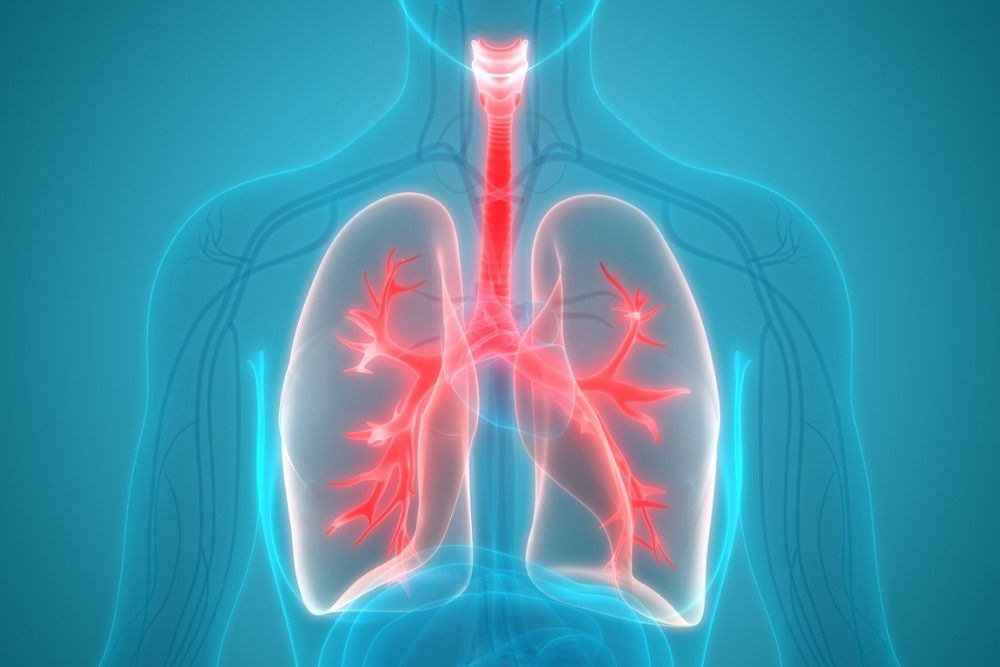Allergies occur when the body’s immune system overreacts to an allergen that normally doesn’t cause issues. It releases inflammation-causing substances that result in symptoms like stuffy nose, watery eyes, and congestion. (Learn More)
Anything that irritates the sensory fibers in the body’s airways can trigger a cough. Allergies cause coughing as the airways can become irritated by allergens and inflammation occurs during an allergic response. Allergies can also make asthma worse. (Learn More)
Not all coughs are caused by allergies. Most acute coughs are caused by infections, like the common cold or bronchitis. Most chronic coughs are caused by smoking, medication, asthma, chronic bronchitis, or gastroesophageal reflux. (Learn More)
Some indications that your cold is caused by allergies include a chronic dry cough and the presence of other allergy-related symptoms, like watery or itchy eyes and dark circles under the eyes. (Learn More)
Because a chronic cough can be an indication of a more serious problem, you should consult with your doctor about your symptoms and possible treatments, even if you suspect your cough is related to allergies. (Learn More)
Antihistamines offer fast and effective treatment for allergy coughs, although drowsiness may be a side effect. Decongestants may relieve coughing but can increase blood pressure and heart rate. Nasal steroid sprays can treat the nasal inflammation associated with coughing, but they can take longer to work. (Learn More)
What Causes Allergies?
Allergies occur when the body’s immune system overreacts to a usually harmless substance like pet dander, dust mites, or pollen. The immune system falsely identifies this substance, called an allergen, as a threat and begins developing a sensitivity to it as well as antibodies to attack it. This process, which can take days or years, is called sensitization.
When the body encounters the allergen after sensitization (or sometimes during it), it releases the antibodies, which trigger the release of inflammatory substances like histamines. This inflammatory response is what causes many of the allergic symptoms we’re familiar with, like nasal congestion, runny nose, and watery or itchy eyes.
Allergies are extremely common, affecting more than 50 million people in the U.S. each year. Some people experience year-round allergies, while others have only seasonal allergies, which are sometimes called hay fever.
How Allergies Can Cause a Cough
Coughing is your body’s way of trying to get rid of something it identifies as a threat in the airway. Perceived threats can include anything that irritates the airway sensory fibers and thus triggers a cough. These irritants can include pollutants, food stuck in the throat, or chemicals.
An allergy cough is caused by your body’s reaction to an allergen rather than by an infection.
The eyes, ears, and throat are all connected. As part of the allergic inflammatory response, extra mucous is produced in the body and may result in post-nasal drip, which occurs when excess mucous drains and drips down the back of the throat. This causes irritation and pain, and it triggers the airway sensory fibers. This excess mucous drainage can result in chronic allergy-related coughing.
As part of the inflammatory allergic response, some people may experience swelling in their throat. This can further act as an irritant to the sensory fibers in the throat’s airways, resulting in coughing.
The throat’s direct contact with allergens may also result in coughing. For example, if someone is allergic to pollen and they breathe it in, the pollen may irritate their throat’s sensory fibers and result in coughing.
Allergies can also worsen asthma symptoms.
Other Causes of Coughs
Of course, not all coughs are caused by allergies.
Most acute (short-term) coughs are caused by viruses. Upper respiratory viruses that cause coughing include the flu and the common cold. Lower respiratory viruses include bronchitis and pneumonia.
About 90 percent of chronic coughs are caused by one of the following:
- Smoking
- Asthma
- Chronic bronchitis
- Gastroesophageal reflux (GERD)
- Postnasal drip
Certain medications can also cause coughing. Less common, but serious, causes of chronic coughing include tuberculosis, cystic fibrosis, and lung cancer.
Signs Your Cough Is From Allergies
It can be difficult to tell whether your cough is the result of allergies or a cold, especially during cold season. Some indicators of an allergy-related cough include:
- The presence of other allergy symptoms. Allergic rhinitis, or irritation and inflammation of the nasal lining, can result in sneezing, congestion, and itchy skin, eyes, and nose.
- A chronic, dry cough that lasts for more than three weeks.
- Dark circles under the eyes. These may be “allergic shiners” caused by allergen-related congestion.
- A recurring chronic cough that happens around the same time every year.
- A cough that occurs suddenly. A cough from a cold or the flu usually develops gradually.
Talking to Your Doctor About Your Cough
While a long-lasting chronic cough may be a symptom of allergies, you shouldn’t assume that your chronic cough is the result of allergies or wait to see if it passes with the season.
A chronic cough can be a sign of a much more serious problem, including a bacterial infection or asthma, which may require immediate treatment.
Even if you suspect your cough is related to allergies, talk to your doctor about your symptoms.
Treatment for Allergy-Related Coughs
Over-the-counter antihistamines are among the most popular treatments for allergy-related coughs. They are available in many different forms, including as a pill, liquid, and tablet.
Antihistamines work by blocking the effects of inflammation-causing chemicals that are released during a reaction to an allergen. Though antihistamines offer fast relief and are generally considered safe, they do have some side effects that may include drowsiness. Newer, second-generation antihistamines offer effective relief and fewer side effects.
Decongestants may also be used to treat allergy-related coughs. As their name suggests, these medicines narrow blood vessels to relieve congestion, and they can offer effective relief for many allergy symptoms, including coughs.
Nasal decongestants have been shown to become possibly addictive. Decongestants may also increase blood pressure and heart rate.
Nasal steroid sprays, also called intranasal corticosteroids, are very effective in treating allergic rhinitis, which is the irritation of the nasal lining that may be related to a chronic allergy-related cough. They have few side effects and are safe when taken properly. These sprays can take up to two weeks to take effect.
References
Everything You Need to Know About Allergies. (October 24, 2017). Medical News Today
Allergy Facts. (January 19, 2018). American College of Allergy, Asthma, and Immunology (ACAAI).
Can Allergies Cause Coughing – Or Is It Just a Cold? (February 13, 2019). Women’s Health.
Cough. (2014) American College of Allergies, Asthma, and Immunology (ACAAI)
When a Cough Isn’t Just a Cough. University of Wisconsin.
Choosing an Over-the-Counter Allergy Medication. (March 2019) Harvard Medical School.
Allergic Rhinitis. (February 6, 2018). American College of Allergies, Asthma, and Immunology (ACAAI)
Is Nasal Spray Addiction a Cause for Concern? (September 26, 2018) Medical News Today.
All About Coughs and Their Causes. (November 16, 2017). Medical News Today.

















